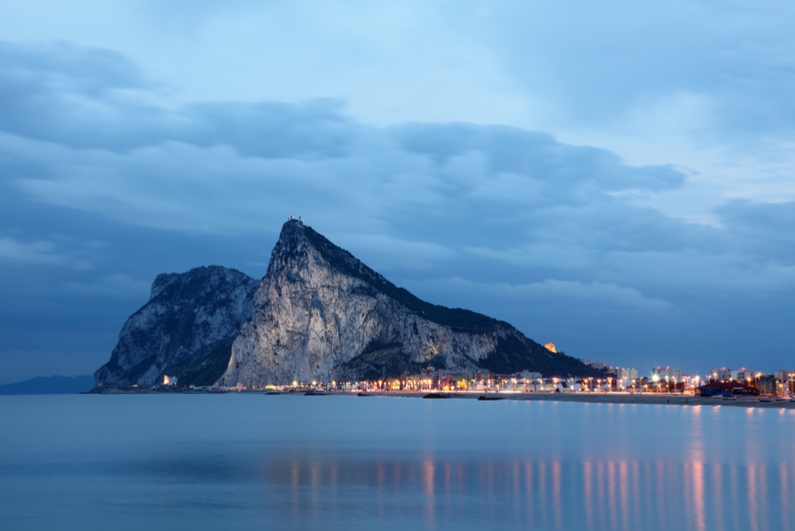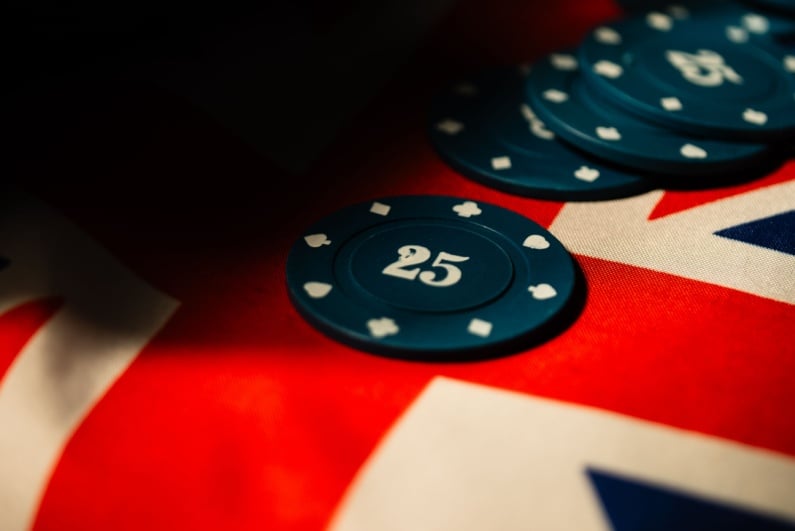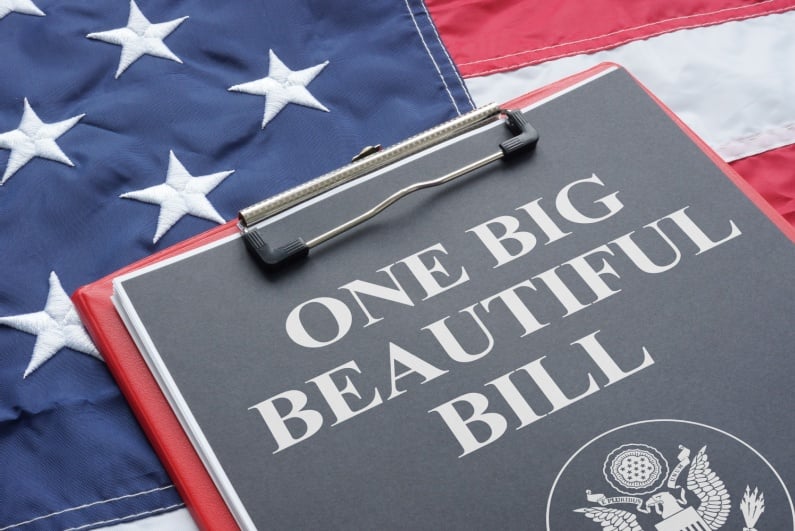30-second summary
- Two governments agree on post-Brexit gambling protocols
- Closer relationship established between two regulators
- Gambling is one of four key pillars of Gibraltar economy, worth 25% of GDP
- Gibraltar has status of British Overseas Territory, is self-governing
- Disputes over sovereignty are ongoing
The UK and Gibraltar have reached an agreement on gambling matters following the UK’s departure from the EU.
DExEU (department for exiting the EU) minister Robin Walker led a delegation for the UK government at the latest joint ministerial council meeting for Gibraltar-EU negotiations. Chief Minister Fabian Picardo led the Gibraltar delegation.
Gambling cooperation
At the meeting, a memorandum of understanding (MOU) was drawn up to foster a closer working relationship between the UK Gambling Commission in the UK and Gibraltar’s Gambling Commission, the industry regulators in the two countries.
The MOU confirms that Gibraltar-based gambling operators will have ongoing access to the UK market after Brexit, with no changes to the current arrangements.
Mims Davies, the minister for culture, media, and sport, said after the meeting: “This agreement will enable closer working between gambling regulators in Great Britain and Gibraltar. Regulatory cooperation is a valuable tool in our collective efforts to ensure gambling is fair and safe while enabling socially responsible growth.”
Walker noted that the meeting had further underpinned “the close UK-Gibraltar ties” that would continue outside the EU. He confirmed that DExEU was committed to protecting Gibraltar’s interests under Brexit.
Gambling in Gibraltar
The tiny rock of Gibraltar measures 2.6 square miles. Its population is about 30,000. Online gambling is one of the four mainstays of British overseas territory’s economy, worth 25% of its GDP. The others are tourism, financial services, and ship fueling.
Online gaming has grown steadily on the Rock in recent years. Gibraltar is a popular destination for gambling operators despite the difficulty of obtaining a license there. It has a low tax regime of just 0.15% on gross profits after the first £100,000 (€114,000; $129,000). Gambling companies based there do 90% of their business in the UK, under the trading rules of the EU single market.
Operators based in Gibraltar must be licensed under the Gambling Act of 2005. Gambling is regulated by the ministry of financial services, with an appointed Gambling Commissioner and a licensing authority. The regulatory code of practice is very strict. As of February 2019, 34 gambling operators hold licenses.
The regulatory regime is viewed as an advantage by the biggest gambling operators, as is being part of the EU. However, Brexit and the ongoing dispute over sovereignty are making both the Gibraltar government and the industry nervous. Some gambling companies have already moved their European hubs to elsewhere in the EU, Paddy Power being the biggest so far.
Professor Andrew Canessa, a UK-based expert on Gibraltar, was reported as saying: “There is gambling, but the gambling industry is very mobile … Today, life is pleasant for operators who usually have a nice villa on the Spanish side, cheaper, but if this fragile balance is disrupted, the very mobile gambling industry will disappear from Gibraltar.”
Sovereignty and Brexit
Spain has long exercised a territorial claim over Gibraltar, which is linked to the Spanish mainland by a short and narrow peninsula and is self-governing. The Rock was originally part of Spain but became a part of the UK in 1713 under the Treaty of Utrecht.
Brexit has given the Spanish government a fresh impetus to reassert its claim to Gibraltar, which has a strategic location to the entrance to the Mediterranean Sea. It has repeatedly threatened to veto the UK withdrawal deal during the Brexit negotiations, despite 96% of Gibraltarians voting to remain in the EU.
Gibraltar’s desire to remain has been a constant tension between the UK and EU bloc. However, Spain’s threats are likely bluster as many residents of La Linea, on the Spanish-Gibraltar border, work on the Rock and the government dare not risk job losses in an area of high unemployment. Many La Lineans who work in Gibraltar are employed in the gambling sector.




